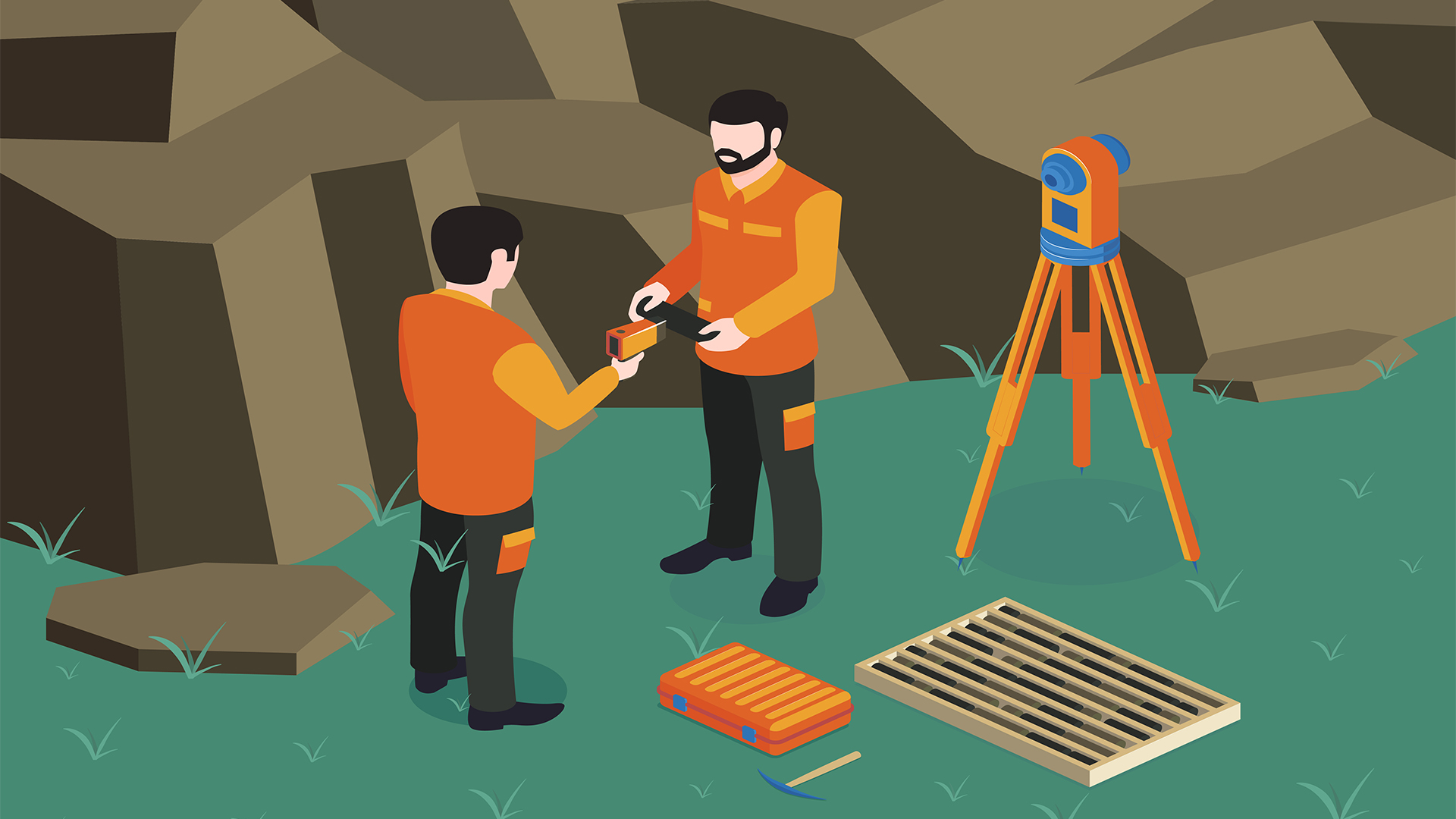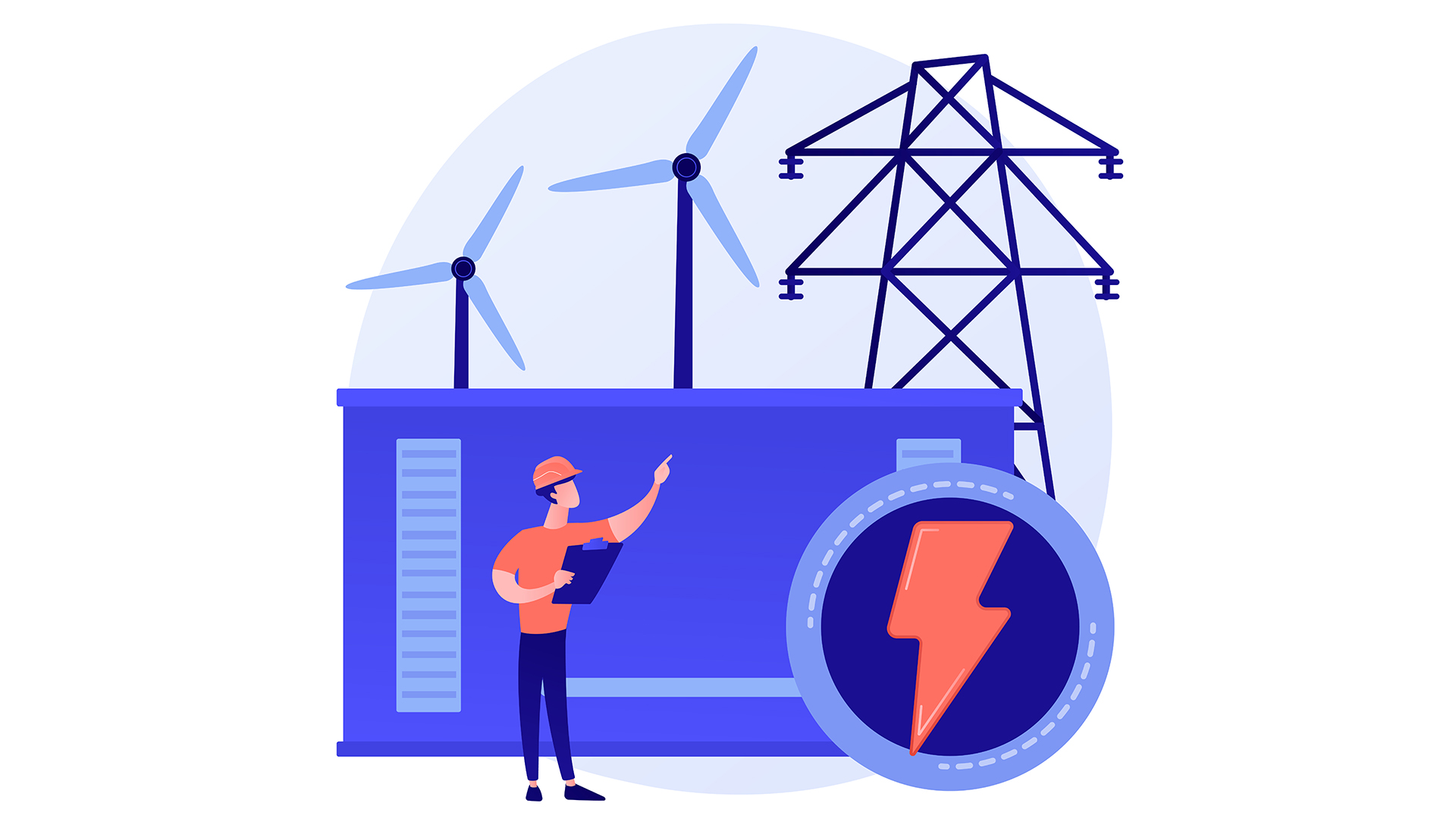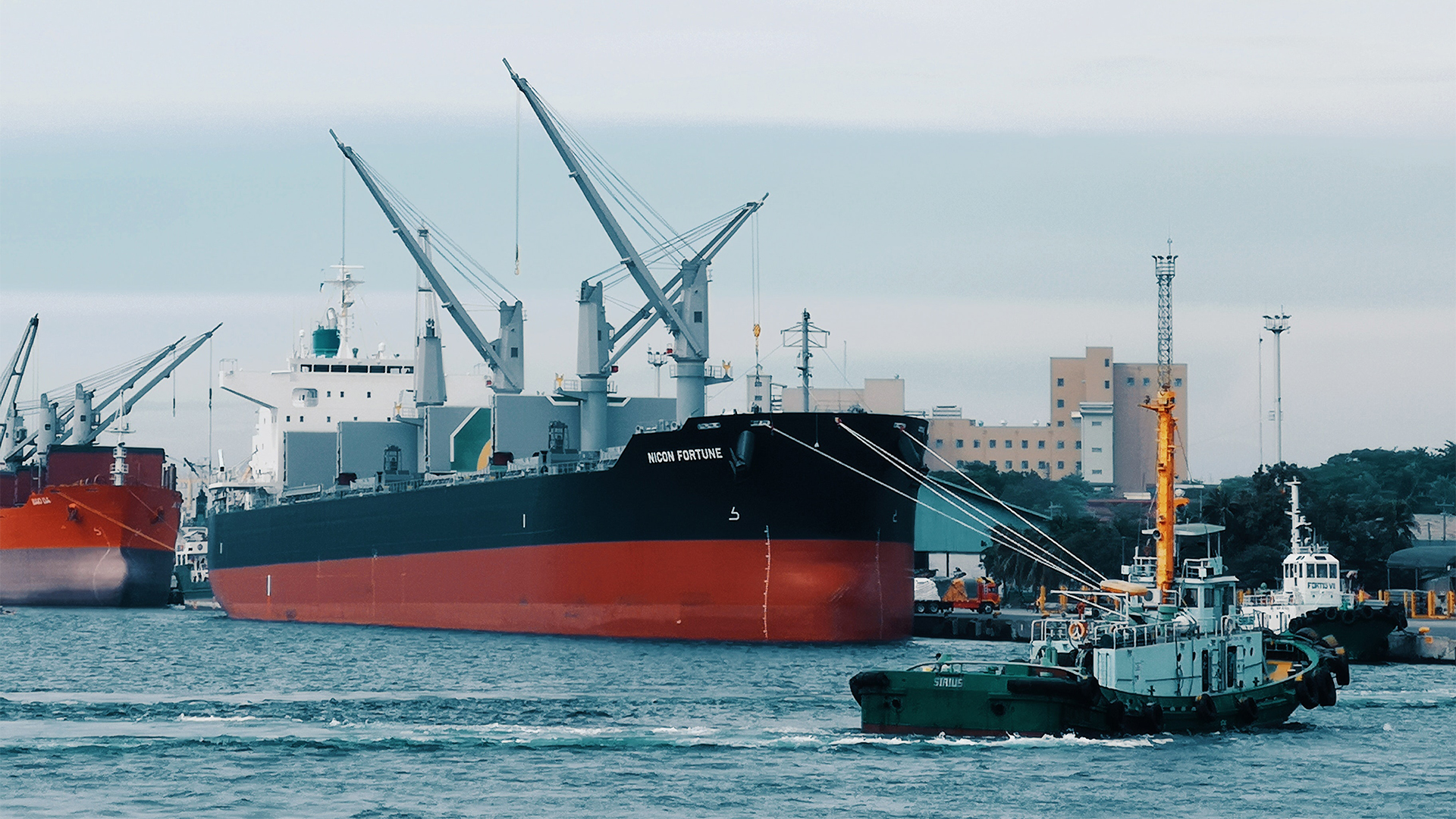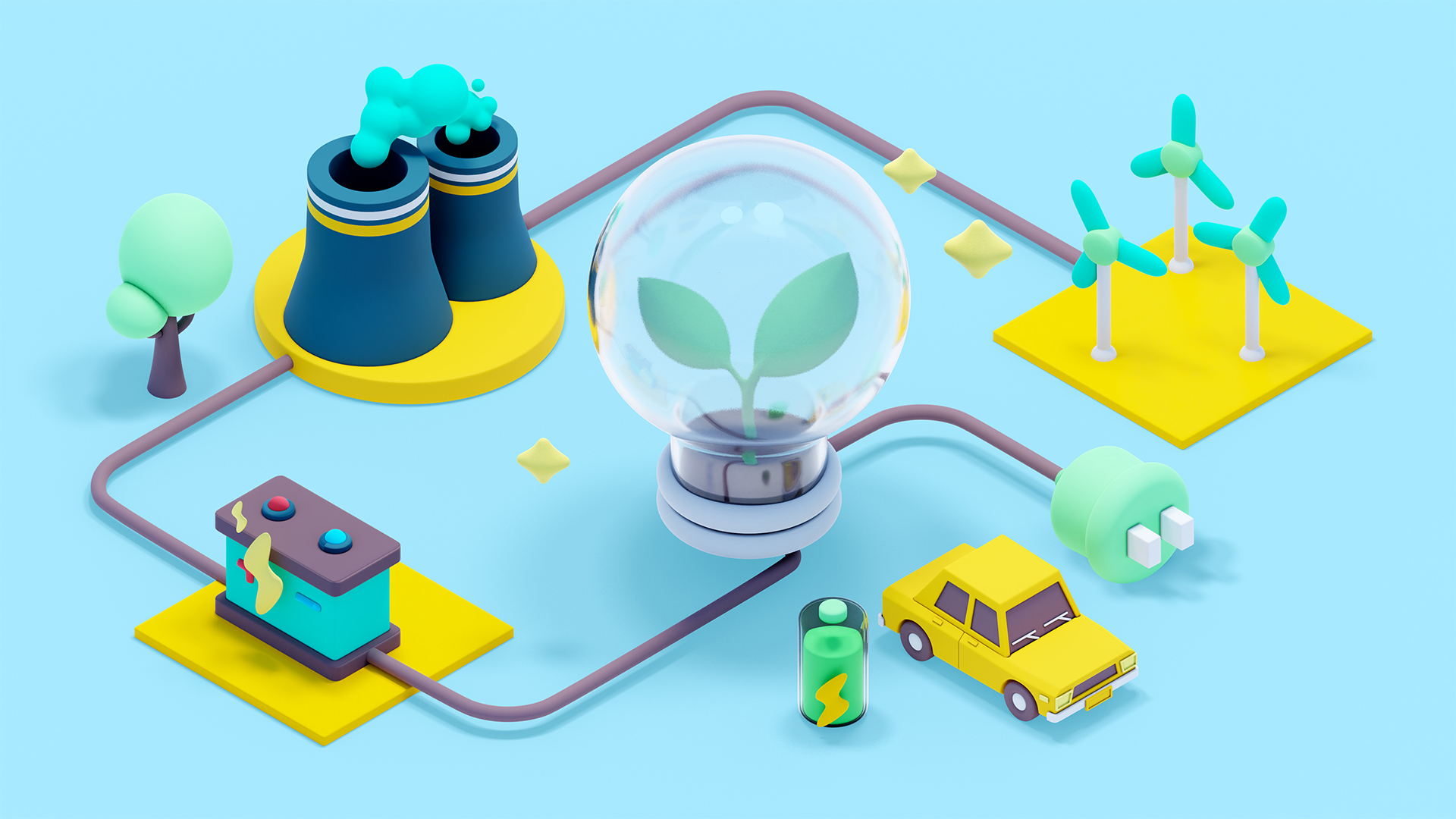
Petroleum Geology Turbocharged
Course overview
Gas and liquid crude oil are both classified as fluid hydrocarbons, collectively referred to as petroleum. They are almost never found in igneous and metamorphic rocks and are typically found in sedimentary rocks like sandstone and limestone. As a result, sedimentary rocks are primarily relevant to petroleum geology.
We will go into more information about them in this course and learn how they originate, where they may be found, and how to forecast them in both the marine and terrestrial environments. Additionally, we will examine the kinds of subsurface storage structures needed for hydrocarbons as well as the ways for exploring these reservoirs using various geological and geophysical techniques up until the point of production.
Participants will gain a thorough grasp and extensive knowledge of petroleum geology by taking this Training Bee training course. Your ability and expertise will enable you to become more acquainted with the earth’s underground and comprehend the source of these hydrocarbons’ drive from the planet’s five-kilometer-deep depths.
Given that petroleum is used in one of the world’s most significant economies and that around 100 million barrels are used daily, it is crucial for everyone to be aware of both its significance and how fascinatingly it is being researched.
Introduction
The exploration and production of hydrocarbons can benefit greatly from an introduction to geological principles through an introductory course in petroleum geology for non-geologists. The purpose of this course is to help those with little to no prior geological background understand the complexity of the area.
An important area of Earth science that is involved in the finding and extraction of hydrocarbons, such as oil and natural gas, is petroleum geology. It’s a field that connects the subsoil of the Earth to the energy resources that sustain human life. The goal of this introductory course, which is designed for non-geologists, is to provide students an understandable and useful grasp of the geological processes and methods related to the petroleum business.
We are The Training Bee, a global training and education firm providing services in many countries. We are specialized in capacity building and talent development solutions for individuals and organizations, with our highly customized programs and training sessions.
In conclusion, a course called Introduction to Petroleum Geology for Non-Geologists provides a thorough grounding in petroleum geology while being inclusive of students from a variety of backgrounds. It helps students to understand the petroleum industry’s environmental concerns, geological foundations, and place in the larger energy picture.
Learning Objectives
Upon completing Petroleum Geology for Non-Geologists, participants will be able to:
- Comprehensive data and expertise in petroleum geology
- The necessary knowledge and comprehension of global norms and ideas that could be used in petroleum exploration
- The expertise and knowledge required to instruct other professionals on petroleum geology best practices
- The knowledge and exposure necessary to discuss pertinent elements of fossil fuel
- The necessary analytical abilities to correctly determine the importance of petroleum
- The knowledge and proficiency to evaluate risks and obstacles and implement adjustments for efficient hydrocarbon exploration and production
Our Unique Training Methodology
This interactive course comprises the following training methods:
- Journaling – This consists of setting a timer and letting your thoughts flow, unedited and unscripted recording events, ideas, and thoughts over a while, related to the topic.
- Social learning – Information and expertise exchanged amongst peers via computer-based technologies and interactive conversations including Blogging, instant messaging, and forums for debate in groups.
- Project-based learning
- Mind mapping and brainstorming – A session will be carried out between participants to uncover unique ideas, thoughts, and opinions having a quality discussion.
- Interactive sessions – The course will use informative lectures to introduce key concepts and theories related to the topic.
- Presentations – Participants will be presented with multimedia tools such as videos and graphics to enhance learning. These will be delivered engagingly and interactively.
Training Medium
This Petroleum Geology for Non-Geologists training is designed in a way that it can be delivered face-to-face and virtually.
Course Duration
This training is versatile in its delivery. The training can be delivered as a full-fledged 40-hour training program or a 15- hours crash course covering 5 hours of content each day over 3 days
Pre-course Assessment
Before you enroll in this course all we wanted to know is your exact mindset and your way of thinking.
For that, we have designed this questionnaire attached below.
- How do hydrocarbons connect to petroleum geology and what does it mean to study them?
- Describe the fundamental processes via which organic material is converted into petroleum.
- What role do permeability and porosity play in rocks used as hydrocarbon reservoirs?
- In the context of petroleum exploration, define the term “geological trap.”
- What information may be gleaned from seismic data, and what are the main techniques employed in seismic exploration?
- Explain the differences between hydrocarbon resources that are conventional and unconventional, and give instances of each.
- What part do geologists play in the discovery and extraction of natural gas and oil?
Course Modules
This Petroleum Geology for Non-Geologists covers the following topics for understanding the essentials of the Agile Workplace:
Module 1 – The Source of Petroleum
- Organic
- Inorganic
Module 2 – Petroleum Framework
- Source
- Reservoir
- Trap and Seal
Module 3 – Happenings with Petroleum
- Interment/Conservation
- Factor of time
- Pressure Overload
Module 4 – Translocation of Hydrocarbons
- Hydrocarbon Expulsion
- Migration
- Primary
- Secondary
- Tertiary
Module 5 – Building Up
- The Geological Framework
- Mechanisms of Traps
- Traps in Stratigraphy
- Merge Traps
Module 6 – Methods of Exploration
- Geological
- Geophysical
- Wildcatting
Module 7 – Types of Rigs and System
- Upgraded rigs
- Partially submerged platforms
- Ship Drills
- Rotating System
- Mud Mechanism
Module 8 – Parts of the Rig
- Lifting Mechanism
- The Flowing System
- Rotating Mechanism
- Energy Production
- Blowout Avoidance
Module 9 – Unit of Mud Logging
- Selection of Drill Bits
- Gas Recognition
- Monitoring of Drilling
- Mud Surveillance
Post-course Assessment
Participants need to complete an assessment post-course completion so our mentors will get to know their understanding of the course. A mentor will also have interrogative conversations with participants and provide valuable feedback.
- Give the meaning of the term “hydrocarbon” and discuss its importance in relation to petroleum geology.
- Explain the geological processes that occur from the source rock to the trap that result in the creation of oil and gas reserves.
- Describe how sedimentary rocks contribute to the build-up of petroleum and how geologists locate possible reservoirs.
- Talk about the significance of porosity and permeability in rocks that serve as hydrocarbon reservoirs for the production of oil and gas.
- Give instances of geological traps that are frequently found during petroleum research, along with an explanation of their operation.
- Explain the main techniques for seismic investigation and the details they reveal about the underlying geology.
- Explain the differences between hydrocarbon resources that are conventional and unconventional, providing instances of each and going over the difficulties that come with using unconventional resources.
Lessons Learned
The Origin of Hydrocarbons: By now, students should be familiar with the natural processes—including the importance of organic matter, sedimentary rocks, and geological time scales—that result in the production of hydrocarbon reserves.
The importance of sedimentary rocks in the petroleum accumulation process as well as the many types of rocks that comprise reservoirs, seals, and source rocks will be understood by them.
Reservoir Characteristics: Students will comprehend how porosity and permeability, two important characteristics of reservoir rocks, affect the capacity to extract gas and oil.
Geological Traps: The notion of geological traps, including fault and anticline traps, as well as their function in hydrocarbon concentration, will have been covered.
Techniques for investigation: Students will have learned about seismic investigation during this course, which will help them comprehend how sound waves can reveal geological features that are hidden beneath the surface.
The students will be able to distinguish between conventional and unconventional hydrocarbon resources and understand the difficulties involved in exploiting unconventional resources such as oil sands and shale gas.
The Function of Geologists: They will recognize the essential role that geologists play in the petroleum sector, from determining the best places to drill to describing reservoirs and maximizing output.
Environmental Considerations: Students will understand the significance of responsible resource development and environmental stewardship, as well as the environmental obligations and considerations associated with petroleum extraction.
Global Impact: They will understand the petroleum industry’s global importance and how it is related to geopolitics and the global economy.







